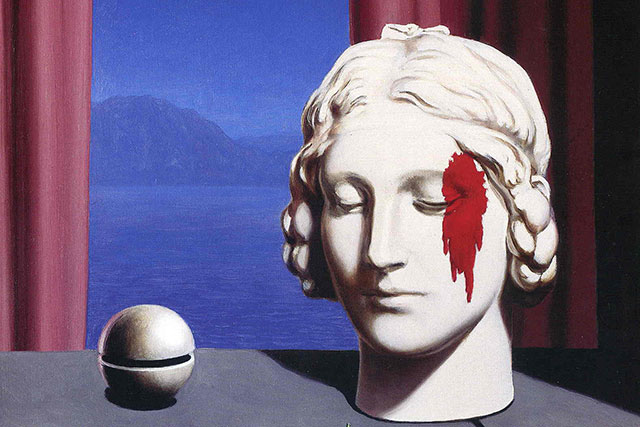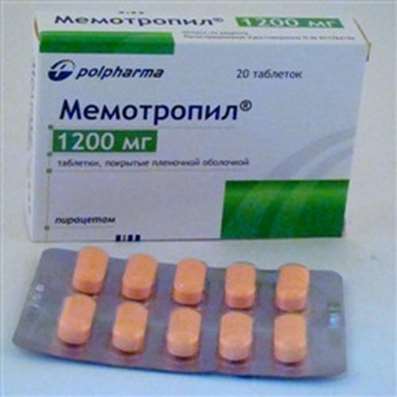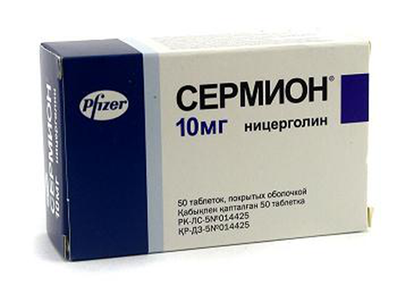What is déjà vu?
29 Oct 2016
Psychologist Dr. Doping about the mechanism of the effect of deja vu and errors of human memory.
Deja Vu (French déjà vu -. 'Already seen') - is a phenomenon in which a person has the feeling that he had already experienced a particular event that has never happened to him, or visiting a place where never been before. When people speak of déjà vu, they describe their experience as follows: "I knew that he would never come to this city, but felt that had been here before. I knew exactly what was around the corner is a newspaper kiosk. I turn, and there is a newspaper kiosk. It's deja vu. "

In fact, there should be sharing memories and meta judgment of its memory. The memory in humans is accompanied by specific experiences. The experience of "I know" gives us to understand that we reproduce some fact that is not associated with our personal experience, for example: "Paris - the capital of France", "Iceberg white and cold." It is quite another thing when a person remembers what happened to him that something was happening, for example: "I was in Paris last Christmas," "I was shocked when I saw the iceberg." In this case, the playback is accompanied by the experience, "I remember." Usually, we are well distinguish between the data of experience, but the effect of deja vu feeling, "I know" and "I think" erroneously interchanged. For example, we know on what basis in the cities are usually placed newspaper stalls. We can come in any more or less civilized city and normally there to navigate. When the effect of deja vu a person sees a newspaper kiosk and it seems to him that he "remembers" and not "know", that is, he was already there before.
Thus, the mechanism of déjà vu is that a person makes a wrong judgment on the source of knowledge about a certain subject. For example, if a person sees a scene that takes place among his close friends, and think: "I've seen it, they have already said," that this has three possible explanations.
The first option: it is indeed already seen, they actually have already spoken. People are very stereotypical. All cities have the same structure, in almost every corner could be a newspaper kiosk. That is, it is just the recognition and nothing more.
Nootropil, Semax, Noopept, Picamilon, Pantagam and Phenotropil are used for improvement of cognitive functions.
The second option: such an event was not, but it was in the human experience something very similar.
The third option: the man simply knows about this event, or modeled it. And then he had a memory error occurs: a person thought up the event, but it seems as if it actually happened.
Consequently, under the deja vu meant any real recollection or memory error. The phenomenon of déjà vu is very rare. In Russia, there were no serious sociological surveys and the more psychological research on the topic, interest in it is caused by more literature and cinema. By the way, there is a reverse effect - jamais vu (French jamais vu -. 'Never seen'), when the person knows exactly what has already met with someone or visiting a place, but do not feel a sense of familiarity.
The main problem in the study of the phenomenon of deja vu in the fact that people always talk about it in retrospect. The very moment of occurrence of this illusion eludes researchers. However, in the 1960s, scientists James Deese, Rodiger Henry and Kathleen McDermott attempted to create a laboratory analogue of déjà vu. They have developed a procedure which is called DRM (Deese - Roediger - McDermott paradigm) the first letters of the names of the authors. In a study of DRM test offers a list of words, such as "theft", "mattress", "bed", "chair", "Service", "Sandman", "nightmare", "pajamas", "night light" and so Further. These words belong to one category - the process of sleep. But the word "dream" is not in this list. When after some time the subjects were asked whether the list of the word "sleep" most "remembered" that it was. Of course, the resulting effect is not too much like a real deja vu, but the authors insist on the identity of the mechanisms of their occurrence.
It is important to note that the phenomenon of deja vu does not bear any positive functional load, though probably some people exposed to it to a greater extent. It is therefore difficult to say that apart from a disinterested scientific curiosity should motivate researchers to study the error memory.

 Cart
Cart





